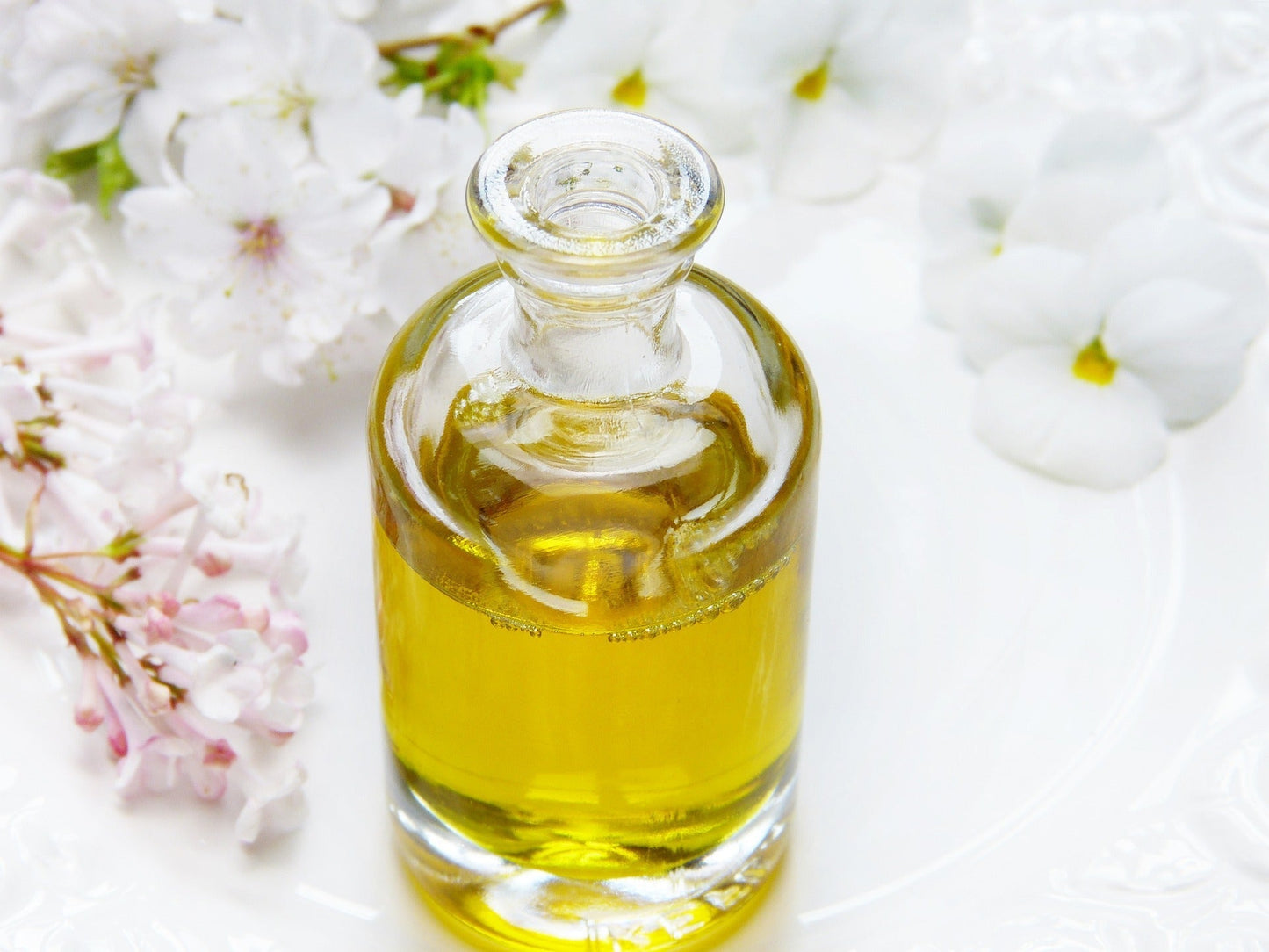Buy your weekday smoothies and get your weekend ones for free. (7 for the price of 5!)

What the Research Reveals About Using Castor Oil for External and Internal Scars
If you live with bothersome scar tissue, you may have heard claims that applying castor oil can help "break it up" and restore flexibility. But what does the research actually say? Is there scientific evidence demonstrating castor oil's ability to dissolve or improve scar tissue adhesions and hardness? Let's analyze what the studies indicate about using this natural oil for scars.
Castor Oil: Defining Scar Tissue
First, what constitutes scar tissue? Medically termed "fibrosis", scar tissue contains collagen deposited by the body after injury to mend damaged tissue. But excessive collagen can cause rigid, knotted scars interfering with movement and flexibility. People develop scar tissue internally after surgery, accidents and infections or externally from wounds, burns and skin inflammation.
While rarely life-threatening, tissue hardness and loss of pliability causes discomfort. Many seek home remedies like castor oil to soften problematic raised, thickened scars. But effectiveness depends on the formulation and delivery method.
Castor Oil: External Scar Massage
Some research indicates that massaging external scars with cold-pressed castor oil may improve appearance and symptoms. A small clinical trial found that applying and massaging the oil after reconstructive hand surgery increased hand function and reduced scar tightness after 24 sessions.. The possible reasons?
Castor oil's anti-inflammatory and moisturizing fatty acids may protect growing scar tissue against free radicals while gentle massage physically breaks down collagen cross-links. Simply moisturizing and massaging scars without castor oil provides similar effects however. So, the true role of castor oil remains unproven through research.
Additionally, minimal evidence supports castor oil significantly improving established scars. Benefits predominantly apply to loosening developing or recent scars within one year of injury versus older collagen. For new wounds, carefully massaging small amounts of the oil around healing skin shows best results.
Score Your Scar Knowledge!
Question 1: When does castor oil application work best?
- a) Old, long-standing scars
- b) Newer, developing scars
You're right if you picked newer scars! The evidence points to castor oil helping prevent extensive collagen deposits in forming scars rather than dissolving rigid mature tissue.
Question 2: How does castor oil possibly act on scars? By...
- a) Exfoliating thick tissue
- b) Increasing skin elasticity
- c) Physically loosening cross-links
You correctly selected choice C! Gentle circular massage motions likely provide mechanical action to break down inflexible collagen strands.
Internal Scar Treatment For internal scars or adhesions causing restricted movement post-surgery, castor oil performs poorly when taken orally. Several animal trials showed no measurable improvement versus control groups.
Why didn’t ingesting castor oil dissolve internal fibrous tissue?
Potential reasons include:
- Inability of castor oil compounds to reach target tissue location
- Overgrowth of collagen preventing penetration
- Insufficient research on appropriate oil dosages
Currently no clinical evidence demonstrates castor oil ingested orally, injected, or applied topically over locations of internal scarring provides therapeutic effects. Always consult your doctor before attempting to treat internal fibrosis.
The Verdict?
In conclusion, some early analysis indicates gently massaging cold-pressed castor oil into developing external scar tissue may help prevent excessive collagen deposition and discomfort. But no studies yet prove castor oil breaks up established internal or external fibrosis or scars. Talk to your physician before attempting to use castor oil formulations to resolve bothersome scar tissue issues.
Ref; https://head2toehealth.com.au/castor-oil-pack-instructions/
Ref; https://www.carolinabirthandwellness.com/blog/castor-oil-benefits
Other Products that also Help.